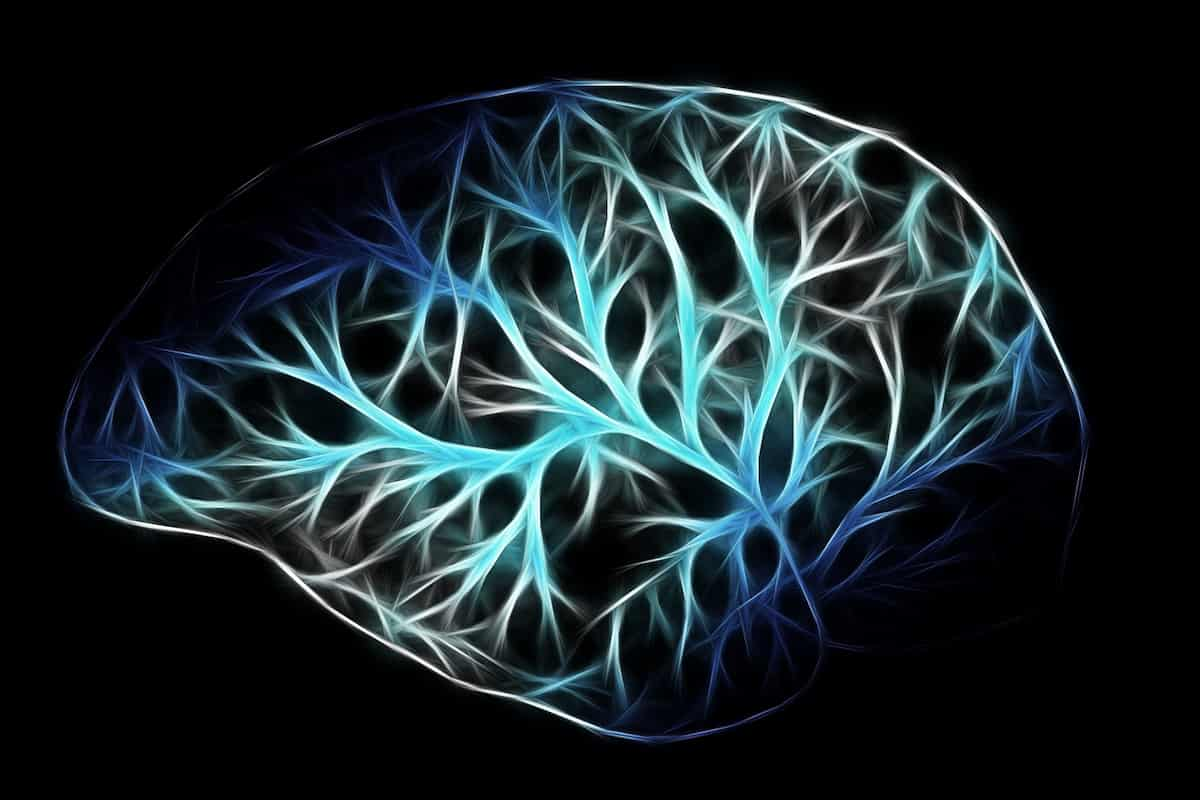Around 5 million people in the US alone have Alzheimer’s.
Betanin — the compound in beets (beetroots) that gives them their red colour — may help protect the brain from ageing.
It suppresses the growth of clumps of protein that cause Alzheimer’s by up to 90%.
The discovery could lead to drugs that can help treat the long-term effects of Alzheimer’s.
The study builds on previous research that has found that beetroot juice can improve cognitive performance and blood flow in the brain.
Dr Li-June Ming, study author, said:
“Our data suggest that betanin, a compound in beet extract, shows some promise as an inhibitor of certain chemical reactions in the brain that are involved in the progression of Alzheimer’s disease.
This is just a first step, but we hope that our findings will encourage other scientists to look for structures similar to betanin that could be used to synthesize drugs that could make life a bit easier for those who suffer from this disease.”
Betanin targets the misfolds of a peptide called beta-amyloid, that is thought to be at the heart of Alzheimer’s.
In the disease, this causes clumps of the protein to form, which degenerates brain function.
Betanin, though, helps to suppress this misfolding by up to 90%.
Mr Darrell Cole Cerrato, study co-author, said:
“We can’t say that betanin stops the misfolding completely, but we can say that it reduces oxidation.
Less oxidation could prevent misfolding to a certain degree, perhaps even to the point that it slows the aggregation of beta-amyloid peptides, which is believed to be the ultimate cause of Alzheimer’s.”
Related
- 12 Brain-Boosting Strategies That Protect Against Mild Cognitive Impairment (P)
- 12 Simple Changes That Could Save You From Depression, Stroke & Dementia (P)
The study was presented the 255th National Meeting & Exposition of the American Chemical Society (Ming et al., 2018).

